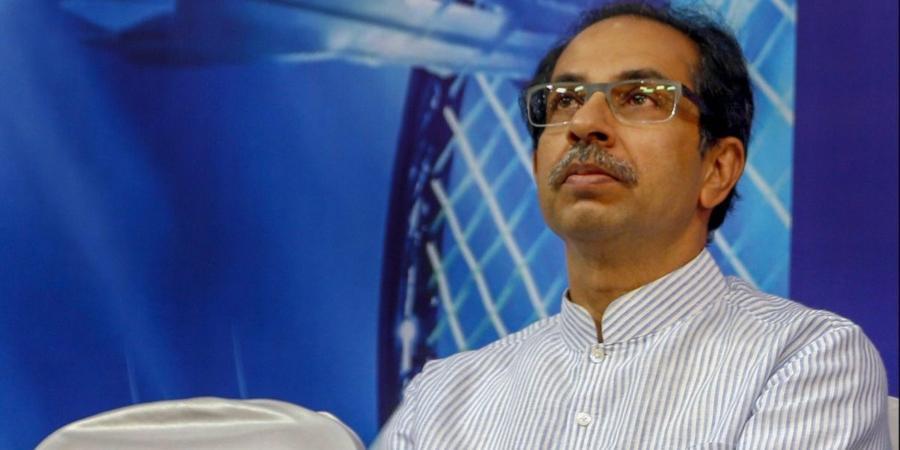NEW DELHI, June 2: As the spread of Coronavirus to the villages is causing concern to the authorities, Maharashtra has come up with a novel idea to organize a contest among the villages to encourage them to adopt Covid-appropriate behavior to check the surge in the rural areas.
Taking a leaf from the Gujarat Chief Minister Vijay Rupani recently launching the “My village Corona-free” campaign, the Maharashtra Chief Minister Uddhav Thackeray had also lauded efforts by some villages to stem the spread of the viral infection and announced the “My Village Corona Free” initiative.
The “Covid-free village” contest is part of the initiative announced by the chief minister in order to encourage the local administration in Maharashtra’s villages to take steps to curb the spread of Covid-19, state Rural Development Minister Hasan Mushrif said in a statement.
Three village panchayats will be awarded for doing good work in COVID-19 management in each revenue division.
The first prize will be ₹ 50 lakh, second ₹ 25 lakh and third ₹ 15 lakh, the minister said.
There are six revenue divisions in the state which means there will be 18 prizes in all. The total prize money is ₹ 5.4 crore, he said.
The villages which win the contest will also get an additional amount equivalent to the prize money as encouragement, and it will be utilised for developmental works in those villages, the minister said.
The participating villages will be judged on 22 criteria, he said, adding that a committee will be set up to judge the villages.
Uddhav Thackeray in a virtual address on Sunday lauded Ruturaj Deshmukh (21), Maharashtra’s youngest sarpanch, and his task force for ensuring their Ghatne village in Solapur district has no Covid cases.
On Tuesday, Maharashtra recorded 14,123 new COVID-19 cases, taking the infection tally to 57,61,015, while 477 fresh deaths and another 377 deaths previously unreported pushed the fatality count to 96,198, official data showed.
(Manas Dasgupta)

